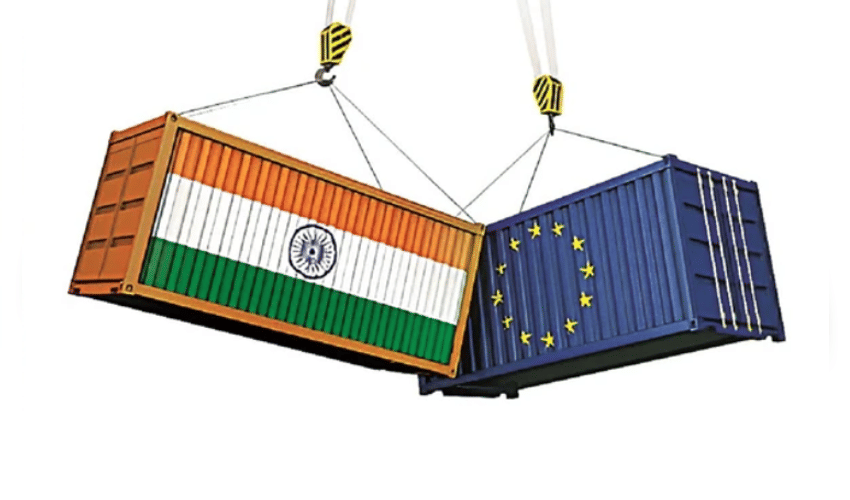Economy
India-EFTA Trade Pact to Take Effect October 1, 2025: Boosting Investment, Jobs, and Sustainable Growth

India’s new trade pact with the European Free Trade Association (EFTA) is set to officially come into force on October 1, 2025, marking a significant milestone in bilateral economic relations, particularly highlighted by Switzerland. This Trade and Economic Partnership Agreement (TEPA) is notable for being the first Indian free trade deal to include legally binding sustainability and development clauses, emphasizing not just economic growth but also responsible trade practices.
The agreement, signed on March 10, 2024, brings together India and the four EFTA member countries: Switzerland, Norway, Iceland, and Liechtenstein. It is expected to unlock massive investment opportunities, with the EFTA bloc pledging $100 billion in investments over the next 15 years. This infusion is projected to generate around one million direct jobs in India, a considerable boost for the domestic economy.
Under the pact, India plans to offer reduced or zero customs duties on key EFTA exports like Swiss watches, chocolates, cut and polished diamonds, pharmaceuticals, machinery, optical instruments, and processed agricultural products. This access will benefit EFTA exporters seeking to expand their footprint in one of the world’s fastest-growing markets. Simultaneously, the agreement reinforces India’s commitments to international standards covering trade, labor rights, environmental protection, and human rights, ensuring that economic development aligns with sustainable practices.
This landmark trade deal is not only a significant step in diversifying India’s trade partnerships beyond traditional European Union ties but also a strategic move to attract high-value investments and technology transfers. For example, Swiss companies—already one of the largest foreign investors in India—are poised to deepen their engagement, especially in sectors like pharmaceuticals, precision instruments, and machinery manufacturing.
Moreover, the pact enhances legal certainty and market predictability, reducing barriers and facilitating smoother trade flows. It also serves as an important foundation for future collaborations on innovation, clean technology, and sustainable development goals as both India and EFTA countries seek greener and more inclusive growth paths.
In summary, the India-EFTA TEPA coming into effect this October is not just a trade agreement; it’s a comprehensive partnership aimed at mutual economic growth, job creation, and sustainable development. This pact reinforces India’s ongoing efforts to modernize its trade architecture while opening doors to new international business opportunities in a responsible, future-oriented manner.



